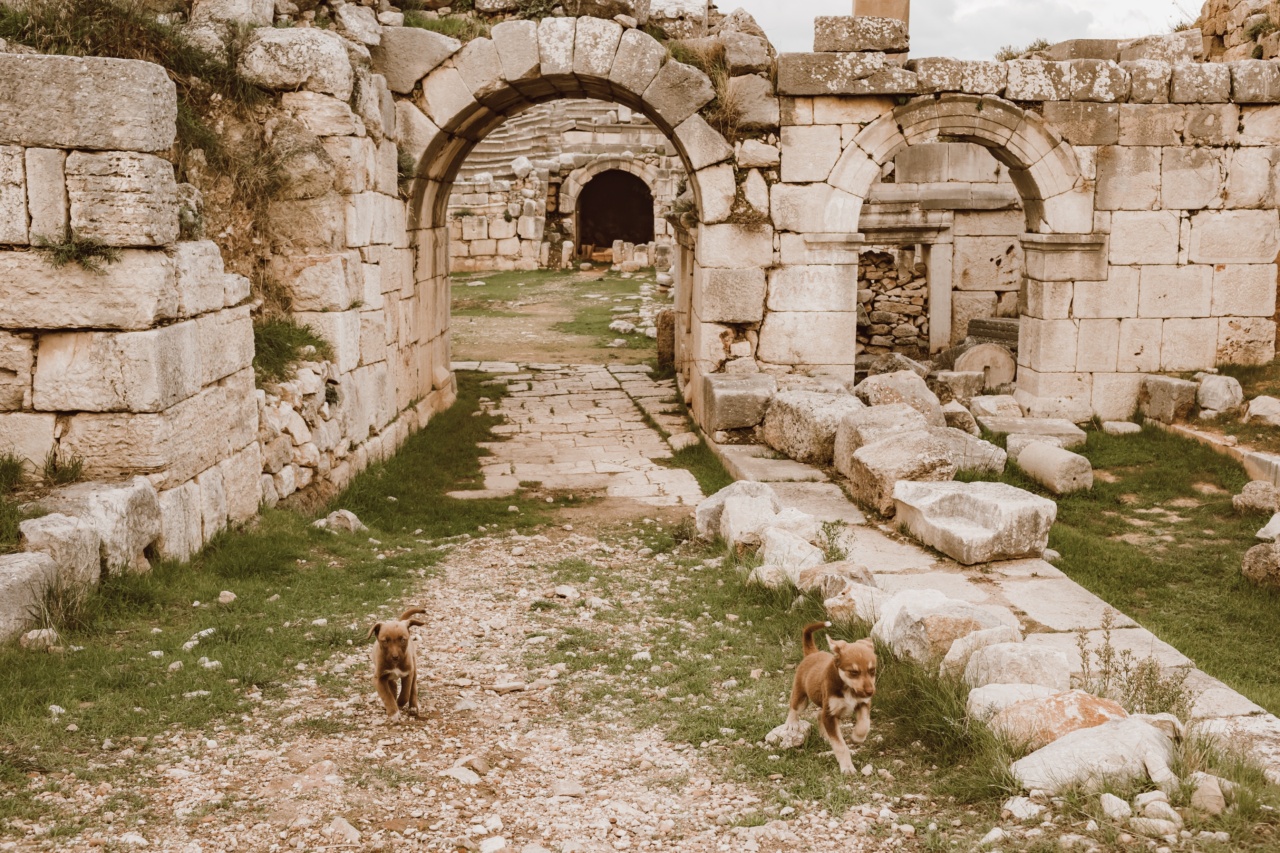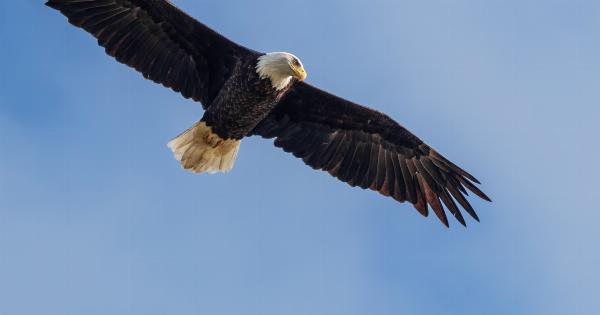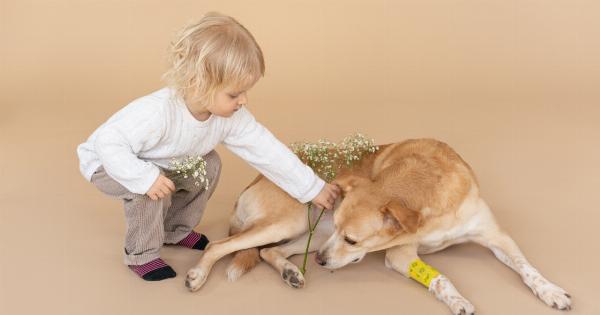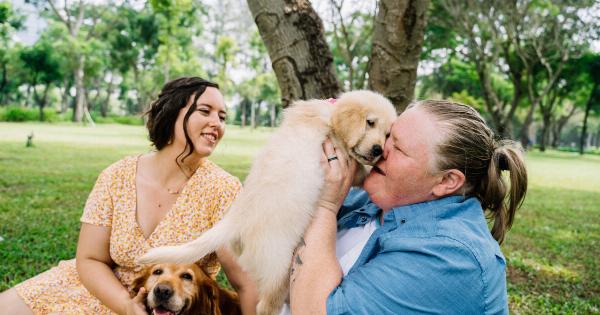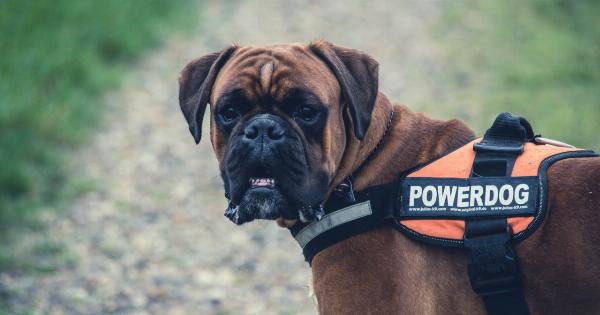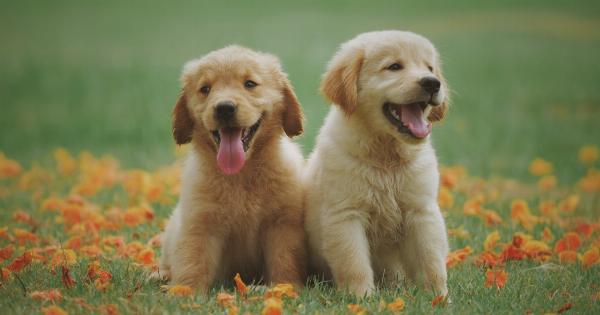For centuries, dogs have been considered man’s best friend and have become integral members of households and families around the world.
The history of dogs as companions is a tale that spans thousands of years, and it is not one that can be fully detailed in a single article. However, we will try to touch on some of the key moments and events that have shaped the relationship that exists between dogs and humans today.
Dogs and Humans: A Match Made in Heaven
The domestication of dogs began thousands of years ago when humans first began to settle down and form communities. At that time, dogs provided functional roles such as hunting, guarding, and herding.
They were valued for their loyalty and intelligence, and as such, were often regarded as family members. It wasn’t long before people began to selectively breed dogs for specific traits, such as size, speed, and agility.
The Ancient Greeks
The Ancient Greeks were among the first to recognize the value of dogs as companions. Homer’s epic, the Odyssey, poignantly portrays the bond between the hero Odysseus and his dog, Argos.
When Odysseus returns home after a long absence, disguised as a beggar, only Argos recognizes him. Although the dog is old and neglected, he is still overjoyed to see his master one last time before he dies.
The Medieval Period
During the Middle Ages, dogs continued to play key roles in both the domestic and professional lives of people. There were hunting dogs, watchdogs, and even lap dogs for wealthy nobility.
However, it wasn’t until the Renaissance that dogs became a popular subject of art, literature, and culture.
The Renaissance and Beyond
The Renaissance was a time of great social, cultural, and artistic ferment in Europe. It was also a time of intense humanism and a renewed appreciation for nature. This led to a growing interest in dogs as companions and pets.
Dog breeds were selectively bred for their aesthetics and personality traits, and new breeds were created. By the 19th century, dogs had become a ubiquitous part of middle-class life in Europe and America.
Dogs Today
Today, dogs play many roles in people’s lives. They are not only assistant animals to people with disabilities, but also have become emotional support animals and therapy dogs in nursing homes and hospitals.
However, more than anything else, they are still beloved companions and friends to millions of people around the world. In some cases, dogs are even treated like family members, with many owners referring to them as their “fur babies.”.
Conclusion
From the time of the Ancient Greeks to present day, dogs have been a valued part of human life.
Their loyalty, intelligence, and playful nature make them wonderful companions and friends, and their functional roles as protectors and helpers have given them a unique place in the world. The history of dogs as companions is still being written today, as people and their dogs continue to form bonds that transcend language, culture, and even species.
